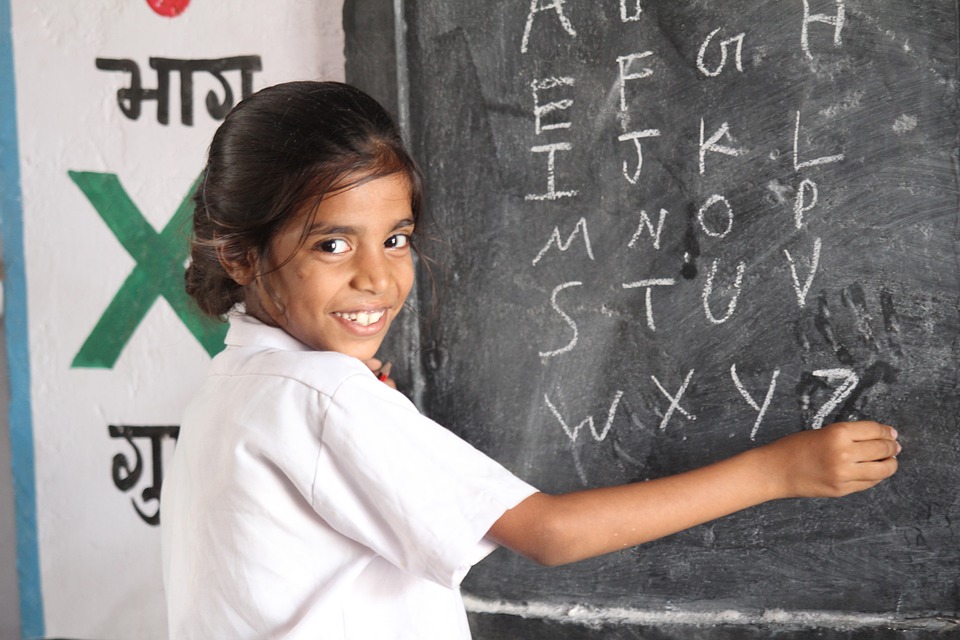Education is a fundamental right of every child. It is a key factor in breaking the cycle of poverty and improving the quality of life for individuals and their families. Child education plays a crucial role in the development of a child’s physical, cognitive, emotional, and social well-being. It is the foundation for success in all areas of life and helps children to reach their full potential.
Here are some reasons why child education is important:
Access to Opportunities: Education provides children with the skills and knowledge they need to access opportunities in life. It opens doors to better jobs, higher salaries, and more fulfilling careers.
Improved Health: Education is a critical factor in improving child health outcomes. Educated children are more likely to have access to healthcare, adopt healthy behaviors, and make informed decisions about their health.
Empowerment: Education empowers children to think critically, make informed decisions, and become active members of society. It helps them to develop a sense of self-worth and self-esteem, and to become confident and capable individuals.
Poverty Reduction: Education is a powerful tool for reducing poverty. It equips children with the skills they need to earn a living and support themselves and their families.
Social and Economic Development: Education is essential for the social and economic development of a country. Educated individuals are more likely to contribute to their communities and participate in civic life.
Providing access to quality education for all children is essential to realizing the full potential of individuals and societies. However, many children around the world still face barriers to accessing education, including poverty, discrimination, and conflict.
Here are some ways in which we can support child education:
Advocate for Education: Raise awareness about the importance of education and advocate for policies and programs that support child education.
Donate: Support organizations that provide education to children in need through donations of money, supplies, or time.
Volunteer: Volunteer your time to support education programs in your community or abroad.
Mentor: Provide mentorship to children and young adults who may need guidance and support in their educational pursuits.
Partner with Schools: Partner with schools in your community to provide resources and support to teachers and students.
In conclusion, child education is a critical factor in the development of individuals and societies. By supporting child education, we can help to break the cycle of poverty, promote social and economic development, and create a more just and equitable world. Let us all do our part to ensure that every child has access to quality education and the opportunity to reach their full potential.


